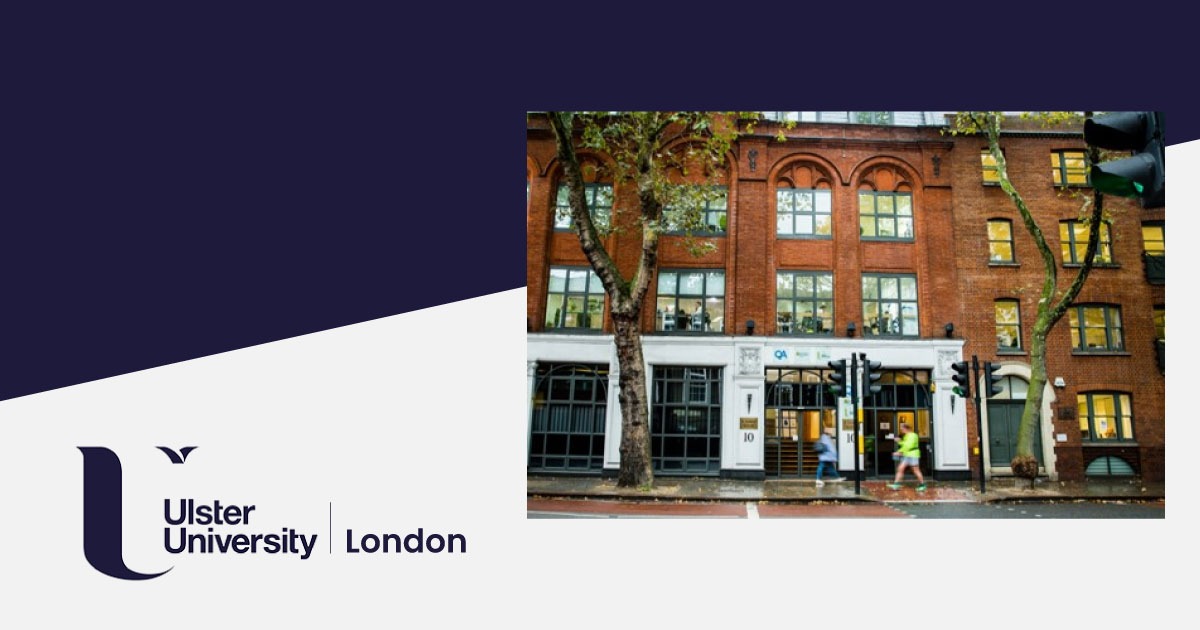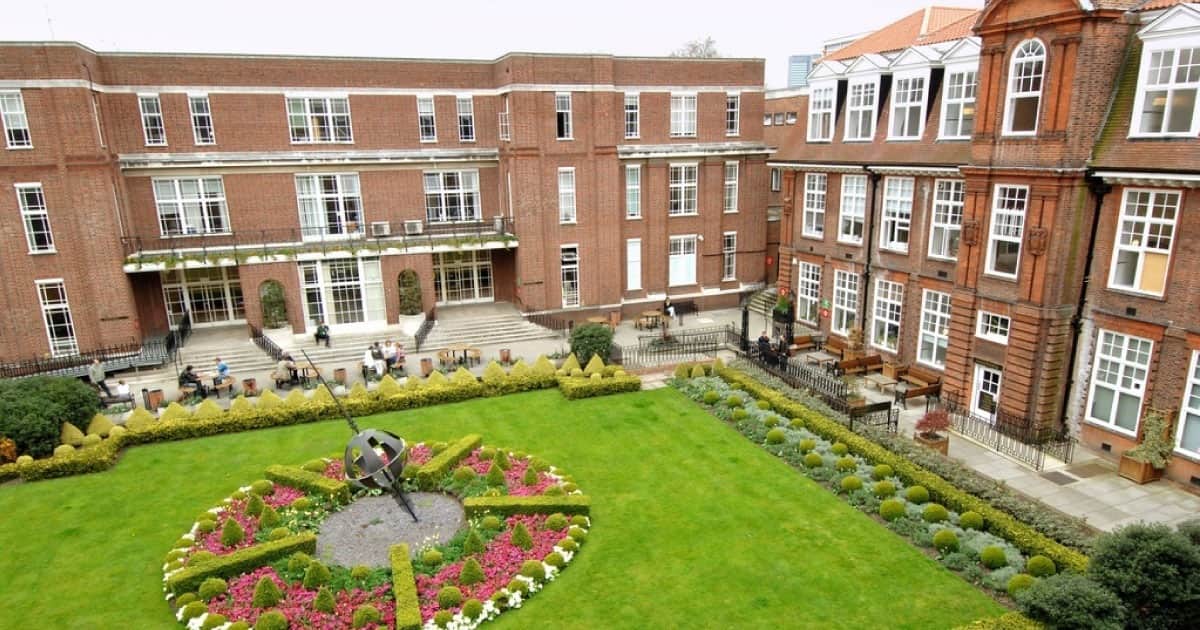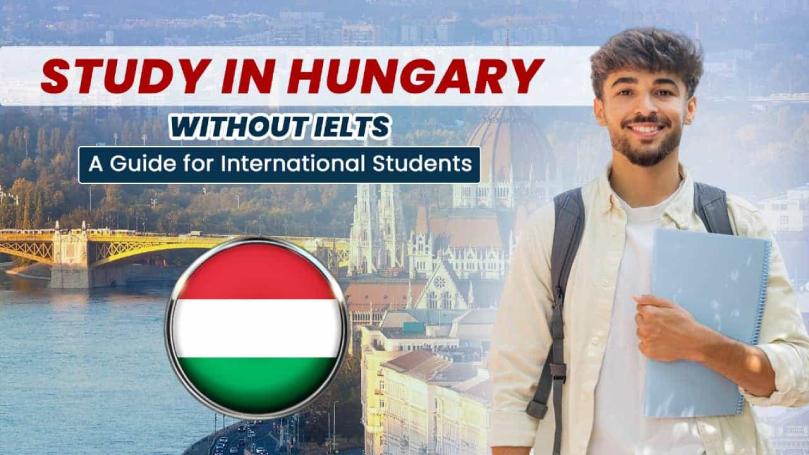Study in Poland: Universities, Courses, Scholarships & Visa
Study in Poland
Do you want to study in Poland? Polish student visa success rate for international students is 95% (approx) for international students. The student visa fee in Poland is around €74- €100 and is always subject to change. Once you have paid the visa application fee in Poland it is non-refundable.
In this blog, we will discuss the universities, courses, scholarships, application process and requirements for Poland student visa. So, if you want to study abroad in Poland, hopefully, this content will help you a lot.
Why Study in Poland?
Polish culture is a vibrant mix of traditions, arts, and cuisine, shaped by the country’s rich history and location in Europe. Poland is a popular tourist destination, known for its historical sites like the medieval Old Towns of Krakow and Warsaw, the Auschwitz-Birkenau Memorial, the Wieliczka Salt Mine, and natural wonders like the Tatra Mountains. Here are the benefits of studying in Poland:
- High-Quality Education: Poland has a strong education system with many programs taught in English. The country is home to respected universities that offer excellent academic opportunities, modern facilities, and innovative teaching methods.
- Wide Range of Study Programs: Poland offers a variety of study options across different fields, from engineering and sciences to arts, humanities, and business. This allows students to find and pursue their passions in their chosen subjects.
- Affordable Costs: Studying in Poland is more affordable compared to other European countries. Tuition fees and living expenses are reasonable, and there are scholarships and grants available for international students, making education in Poland accessible and budget-friendly.
- Rich Culture: Living in Poland offers a chance to experience its rich cultural heritage, lively traditions, and warm atmosphere. Students can explore historical sites, enjoy local food, and become part of a welcoming community.
- Central Location in Europe: Poland’s central position in Europe makes it a great starting point for travelling across the continent. With an efficient transportation system, students can easily visit neighbouring countries, gaining a broader understanding of different cultures.
Enquiry Now!
Popular Intakes in Poland
There are two major intakes in Poland. Such as-
- Winter Intake
- Summer Intake
Winter Intake
Winter is the main intake in Poland. The winter intake start date in Poland is in September or October. The winter intake end date in Poland is in February or March.
Summer Intake
Summer is the second major intake in Poland. The Summer intake start date in Poland is in February and the end date is in July or August.
Best Universities in Poland
Are you looking for the best universities in Poland? Many popular universities in Poland offer international students the most affordable tuition fees. Here are some of the best universities in Poland for international students.
- University of Economics and Human Science in Warsaw
- Warsaw University of Business
- Jagiellonian University
- AGH University of Science and Technology
- University of Wrocław
- University of Warsaw
- University of Gdańsk
- Poznań University of Technology, etc.
How Much is the Cost to Study in Poland?
Cost is the main factor that an international student should consider when choosing a country abroad. To calculate the overall cost of studying in Poland you should consider the tuition fees, living expenses, visa application fees and other expenses. Let’s explore the overall cost to study in Poland for international students.
Tuition Fees in Poland
Full-time studies at public universities in Poland are free for Polish students and for some foreign students. This includes citizens of the EU/EEA and students who have the Polish Charter (Karta Polaka). If you’re a foreign student, you may also qualify for free studies if you’re treated the same as a Polish citizen.
The average tuition fee range for an international student in Poland is EUR 2000 to 6000 (8 537,17PLN – 25 611,52PLN approx) per year and depends on the institution and study program. For MBA programs the tuition fees in Poland are about EUR 8000-12,000 ( 34 148,70PLN -51 223,04PLN approx) per year.
Living Expenses in Poland
Living in Poland as a student is more affordable than in many other European Union countries. Student living costs can start at around EUR 330 (1500 PLN) per month, but this can vary depending on the city. Living in the capital or popular tourist cities may be a bit more expensive than in other large Polish cities. In this blog, you can learn more about the monthly cost of living in Poland. Keep in mind that non-EU/EEA students need to have enough money to cover their living expenses while studying in Poland.
Expenses | Cost (PLN) | Cost (EUR) |
Rent (student dormitory) | 400 – 600 | 90 – 140 |
Public transportation | 50 – 60 | 11 – 13 |
Health insurance | 40 – 60 | 9 – 13 |
Phone, internet, and TV subscription bills | 80 – 100 | 17 – 22 |
Groceries | 700 – 900 | 150 – 200 |
Entertainment | 150 – 200 | 35 – 45 |
Average total expenses | 1500 – 2000 | 330 – 430 |
Visa Application Fee in Poland
The visa application fee in Poland ranges between €74- €100 (315,88PLN- 426,86PLN) approx and is always subject to change. Also, every non-student needs a residence permit to stay in Poland and it will cost 390 PLN in total.
Popular Courses in Poland for International Students
Are you looking for the popular courses in Poland for international students? Let’s explore the best courses to study at Poland universities for honours and masters level.
- Agriculture and horticulture
- Business administration
- Computer Science
- Engineering
- Tourism and recreation
- Medicine
- Law
- Natural Sciences Mathematics, etc.
Entry Requirements to study in Poland
The requirements for getting into degree programs at universities and other higher education institutions in Poland are the same. To apply, you need to have a high school diploma, known as the Matura certificate, or a similar document that proves you are eligible for higher education in the country where you finished high school. For a masters degree in Poland, the applicants should have a bachelors degree from a recognized university.
Documents Requirements to Study in Poland
As an international student you must submit some documents to study in Poland or to apply for a Polish student visa. Let’s explore the documents required for international students in Poland.
- Passport
- Proof of language proficiency
- Academic Certificates and Transcripts
- CV
- Health insurance
- Recommendation letter
- Statement of Purpose
- A university acceptance letter
Documents Requirements for Hungary Student Visa
To apply for a Bachelor’s degree (which takes 3 years), students need a high school diploma translated into Hungarian or English, along with a transcript showing their courses and grades. Some programs may also require an entrance exam. For a Master’s degree (which takes 2 years), applicants need to submit a photocopy of their Bachelor’s diploma and might also need to take an entrance exam. Usually, you’ll need to submit the following documents:
- A current CV
- A motivation letter
- A copy of your passport or ID
- Proof of language proficiency
- English translations of your transcripts
- English translations of your diplomas
- Two academic reference letters
English Language Requirement for Poland Student Visa
The minimum IELTS requirements for a Poland student visa is an overall 6.0. Also you can take other English language proficiency tests like PTE, TOEFL , etc. if your university accept them.
Financial Requirements for a Polish Student Visa
A foreigner entering Poland must have enough money to cover their living costs during their stay. The required amount is:
- 300 PLN if the stay is up to 4 days.
- 75 PLN for each day if the stay is longer than 4 days.
This amount can also be in a foreign currency, as long as it’s equivalent to the required amount in PLN.
Admission Process to Study in Poland
Here’s a simple guide to the admissions process at universities in Poland. Remember, some universities might have their own specific requirements, so always check the admission rules for each one you’re interested in.
Step 1: Choose Your Program
Think about what you want to study. Whether you want to be a lawyer, journalist, teacher, or doctor, there are many options. You can explore programs offered by Polish universities through tools like STUDYFINDER*.
Step 2: Choose Your University and Check Requirements
Poland has nearly 380 public and private universities. Pick the one that suits you best. Don’t forget to:
- Compare university rankings
- Read student reviews
- Look into internship opportunities
Once you’ve chosen a university, contact their Admissions Office to discuss details like required documents, deadlines, and the start date of the program. If you’re applying for an undergraduate program, you’ll typically need:
- An application form
- A digital photo
- Your high school certificate
- A translation of the certificate if it’s not in Polish or English
- A certificate proving your language proficiency
Different universities might ask for different documents, so it’s best to contact the university directly to get all the details.
Step 3: Acceptance Letter and Visa Preparation
Admissions for undergraduate and graduate programs usually start in April or May and can last up to 6 months. If you’re an EU/EEA student, you won’t need a visa. Non-EU/EEA students should start preparing their visa documents and set appointments as soon as possible. After your application is accepted, you’ll receive an acceptance letter. This letter is needed to get your student visa from the Polish Embassy, which will be valid for up to one year. For more details about the visa process, check the dedicated page or visit the Polish Embassy’s website in your country.
Step 4: Departure and Adapting to a New Culture
The academic year in Poland starts in early October. Before then, consider:
- Finding accommodation
- Ensuring you have internet access
- Getting a local SIM card
- Looking for a part-time job if needed
Scholarships and Fundings to Study in Poland
There are many scholarships available through agreements between Poland and other countries. These scholarships are funded by either the Polish government or the government of the other country, often to support exchange programs in specific fields of study. Here are some of the available scholarship programs:
- Polish National Agency for Academic Exchange program for students
- Polish National Agency for Academic Exchange program for scientists
- Erasmus+
- CEEPUS exchange program with Central and Eastern Europe
- Lane Kirkland Scholarship Program
- Visegrad Scholarship Program
- Scholarships for students from developing countries
- Fulbright Program
- Fellowships from the Polish National Commission for UNESCO
- UNESCO/Poland Co-Sponsored Fellowships Program in Engineering
Post Study Work Opportunities in Poland for International Students
All students in Poland have the right to work, including those who are in their first year or are studying full-time at a language school. You can work up to 20 hours a week during your studies and full-time for 3 months during holidays.
If you graduate from a full-time program at a Polish university, you don’t need a permit to work in Poland. Just make sure your stay permit is valid. After graduation, you can stay in Poland for 2-3 more years, as long as you can support yourself financially without relying on government help. If you get a job, you can also apply for a Work Permit.
Final Words
In this blog, we have tried to cover every possible information to study in Poland for international students. If you have any more questions regarding this you can always contact AIMS Education. Moving to a new country can lead to culture shock, especially if there are big cultural differences or a language barrier. Prepare by reading about Polish culture, checking out travel guides, and following local news.
If you don’t speak Polish, consider taking language classes or finding a tutor. Don’t isolate yourself—explore Poland, visit cultural sites, and make the most of your experience.
Check Your Eligibility!


















